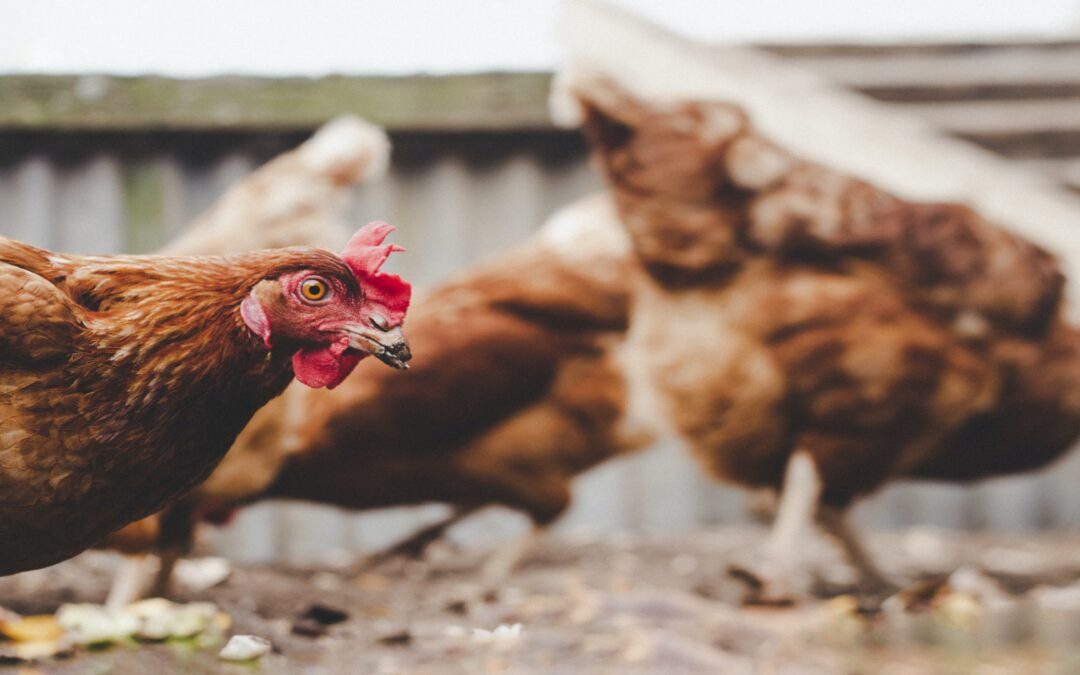Huevos
Creo que no hay nada tan versátil como los huevos. Aunque todo el mundo parece tener una forma muy particular y personal de tomarlos. Son una de las fuentes más altas de colesterol que existen, ya que la yema contiene más de 200 mg de este nutriente. Además, contienen otros nutrientes esenciales que ayudan a reducir el riesgo de enfermedades cardíacas. La cantidad moderada de grasa en los huevos es de 5 gramos, siendo ésta grasa monoinsaturada y poliinsaturada.
Son una gran fuente de colesterol, proteínas, colina, biotina, vitamina A y antioxidantes. Las investigaciones han llegado a la conclusión de que, en contra de lo que se creía, comer un huevo al día no está asociado a las enfermedades del corazón. Sin embargo, es importante añadir que las personas que vigilan su colesterol deben evitar las yemas y consumir las claras. El almacenamiento de éstas también es importante teniendo en cuenta la salmonela, por lo que siempre se aconseja ponerlas en el frigorífico, así como comprobar las fechas de caducidad y evitar comprar cartones con huevos agrietados. Si alguna vez has estado en el pasillo de los huevos, habrás visto estos:
- Sin jaula: Gallinas que no están enjauladas, pueden deambular libremente por un edificio pero no están al aire libre. Y aunque parece un estilo de vida mejor, tiene sus inconvenientes, aparentemente hay más violencia entre gallinas y una menor calidad del aire.
- En libertad: Las gallinas tienen acceso al exterior, pero no significa que realmente vayan, o que sea más grande que una pequeña instalación vallada.
- Criadas en pastos: Cada gallina dispone de 108 pies cuadrados de espacio al aire libre, así como de espacio interior.
- Local: proceden de un rebaño situado a menos de 400 millas de ti
- Orgánico: La gallina de la que procede, tenía una dieta orgánica
- Sin hormonas: a la gallina no se le administraron hormonas
Recuerda que cuanto menos pasos tenga tu comida, mejor. Los huevos pueden parecer inofensivos, pero para obtener la cantidad suficiente de nutrientes que necesitas, adquiere los que la gallina de la que proceden tuvo una vida con comida real, un entorno real y condiciones reales.
Eggs
I believe there is nothing as versatile as eggs. Even though everyone seems to have a very particular and personal way to have them. These things are one of the highest sources of cholesterol there are, with the yolk having over 200mg of this nutrient. They also contain additional essential nutrients that help lower risk for heart disease. The moderate amount of fat in eggs is of 5 grams, this being monounsaturated and polyunsaturated fats.
They are a great source of cholesterol, protein, choline, biotin, vitamin A, and antioxidants. Research has even found that, eating 1 egg a day is not associated with heart diseases contrary to belief. But it is important to add, people who are watching their cholesterol, should watch our for yolks and consume egg whites instead. Storage of these is also important considering salmonella, putting them in the fridge is always advised, as well as checking expiration dates and avoiding buying cartons with cracked eggs. If you’ve ever been on the egg aisle, you might’ve seen these:
- Cage-free: Hens that aren’t caged, they can roam freely around a building but they aren’t outdoors. And even though it seem like a better lifestyle, it has downsides, apparently there is more hen on hen violence and lower air quality.
- Free-range: Hens have access to outdoors, but it doesn’t mean that they actually go, or that it is bigger than a small fenced facility.
- Pasture-raised: Each hen was given 108 square feet of outdoor space as well as indoor space.
- Local: they come from a flock less than 400miles from you
- Organic; The hen it came from, had an organic diet
- Hormone free: the hen wasn’t administered any hormones
Remember the less steps your food has, the better. Eggs might seem harmless, but to get the enough amount of nutrients you need, get the ones that the hen it came from had a life with real food, real environment, and real conditions.








